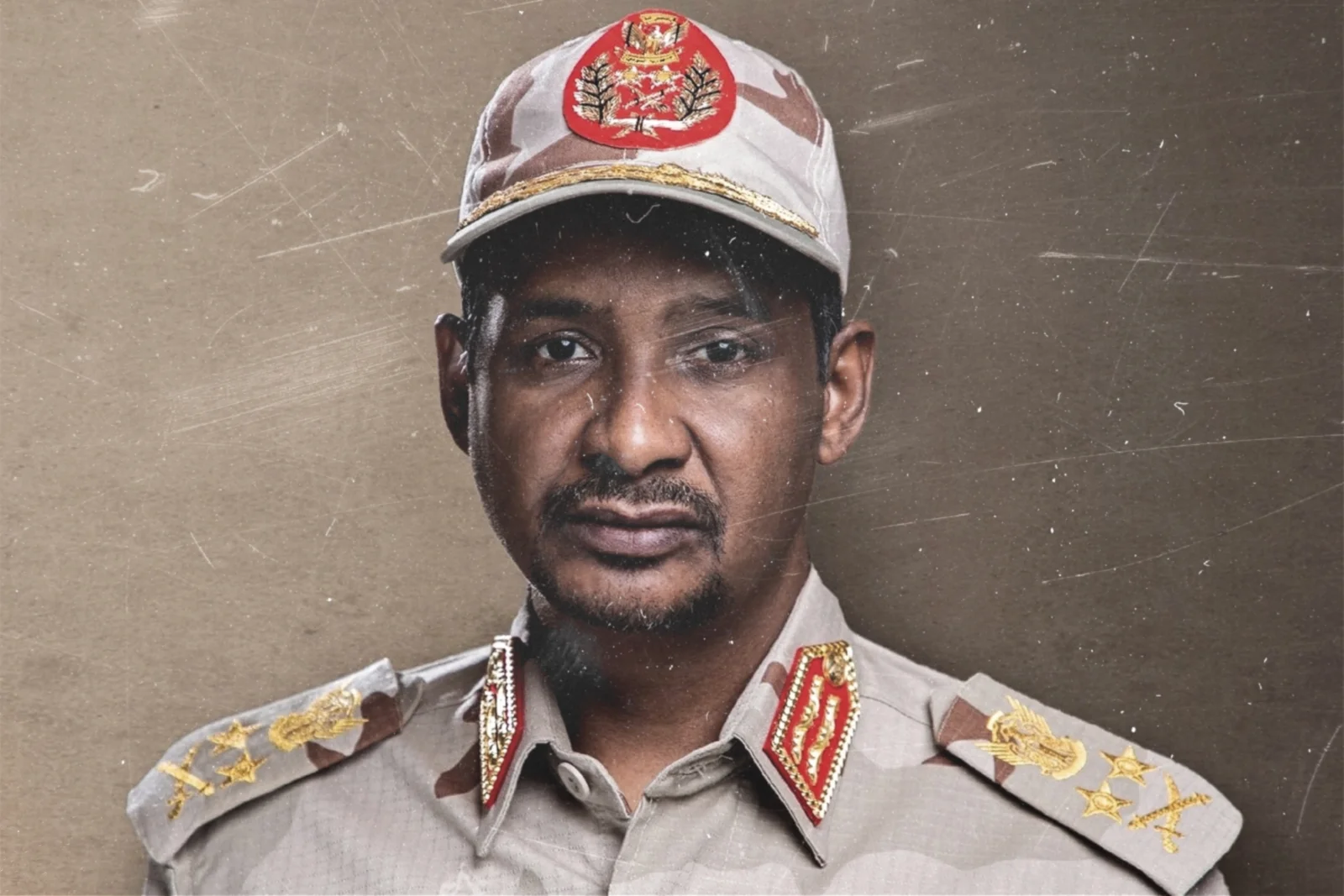
As the War Drags On, Sudanese Civilians Pay the Price
When the Sudanese Armed Forces (SAF) recaptured Khartoum in March, it seemed to mark a turning point in the war—a moment that suggested the SAF was finally regaining control. But what may have felt like momentum proved short-lived. Since that symbolic victory, the Rapid Support Forces (RSF) have steadily clawed back territory, particularly in the remote borderlands linking Sudan to Libya and Egypt.
The Economist recently reported that the RSF seized strategic ground in these northern zones, despite the SAF framing its withdrawal from the so-called “triangle area” as a tactical maneuver. That was followed by the RSF capturing the Chevrolet garrison in Northern Sudan, 100 kilometers south of the triangle—another blow to the SAF’s narrative of control.
Three years into the conflict, Sudan’s war shows no signs of resolution. If anything, the SAF’s desperation seems to be growing, with increasingly reckless offensives taking a horrific toll on civilians. This past Saturday, the country witnessed what the head of the World Health Organization, Tedros Adhanom Ghebreyesus, described as “another appalling attack”—a bombing that killed over 40 people, many of them children and medical staff, at Al-Mujlad Hospital in West Kordofan. Ghebreyesus implored both sides, “We cannot say this louder: attacks on health must stop everywhere!” The facility, the only one functioning in the area, was hit despite its proximity to the frontlines and its protected status under international humanitarian law. Both the Sudan Doctors Network and the Emergency Lawyers group have pointed to the SAF as responsible.
Such assaults on civilian infrastructure have become alarmingly frequent. May and June have been among the bloodiest months of the war. In May, an SAF airstrike on a bustling market in Al Koma, North Darfur, left at least 89 dead. Just weeks later, on June 2, an SAF drone targeted a United Nations World Food Programme convoy in the same region, killing five aid workers en route to El Fasher, the capital of North Darfur. Then, on June 10, a strike on a school-turned-shelter in Abu Zabad, West Kordofan, claimed eight more lives.
These recent atrocities echo a Human Rights Watch (HRW) report documenting similar SAF tactics earlier in the year. In February, HRW found that SAF aircraft had dropped unguided bombs on densely populated neighborhoods in Nyala, South Darfur. The bombs, which lack precision and have a wide-area impact, are inherently indiscriminate in urban settings. According to HRW, such actions likely constitute war crimes. The group urged the SAF to immediately cease all indiscriminate attacks and called on the international community to impose targeted sanctions in response.
Even before these latest offensives, the SAF had drawn international condemnation. In January, The New York Times reported that the SAF had deployed chemical weapons—specifically chlorine gas—on at least two occasions. The United States responded with sanctions, though they have so far done little to alter the SAF’s behavior. The use of chemical agents adds yet another layer of horror to a war already defined by its disregard for civilian life.
Alex de Waal, executive director of the World Peace Foundation at Tufts University, captured the bleak reality in a recent BBC essay: “Sudan’s war is in strategic stalemate. Each side stakes its hopes on a new offensive, a new delivery of weapons, a new political alliance, but neither can gain a decisive advantage. The losers are the Sudanese people. Every month there are more who are hungry, displaced, despairing.”
And yet, the world looks away. As international attention is consumed by the deepening Iran-Israel crisis, Sudan’s catastrophe grows. Tens of thousands have been killed. Over 13 million people have been displaced. The International Rescue Committee has described it as “the biggest humanitarian crisis ever recorded.” But diplomatic urgency remains elusive.
Sudan’s agony demands more than cursory concern. It requires real international resolve—and a recognition that the SAF’s current trajectory is untenable. Without a negotiated settlement, the scale of suffering will only deepen. For the civilians trapped in this endless war, time is running out.
